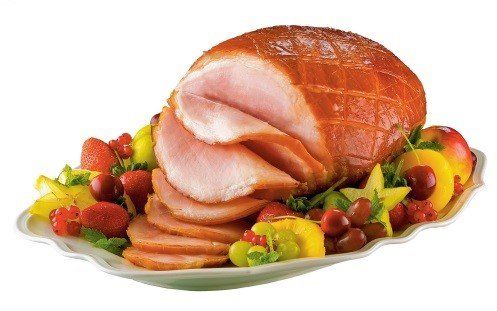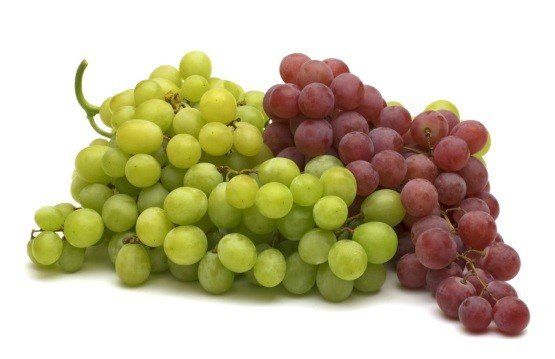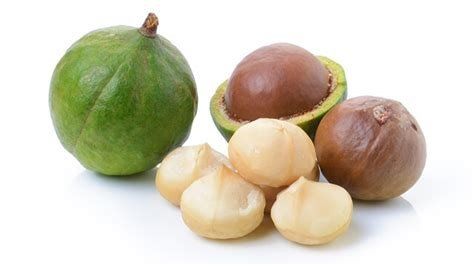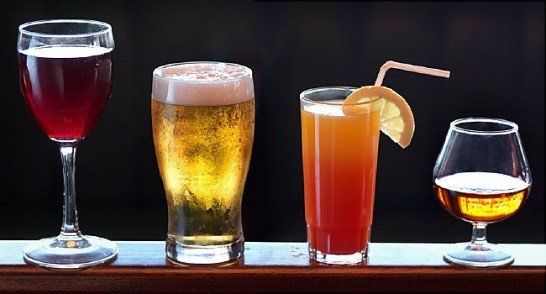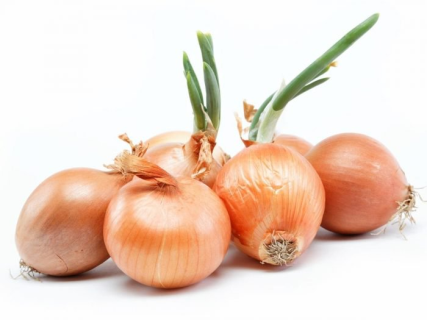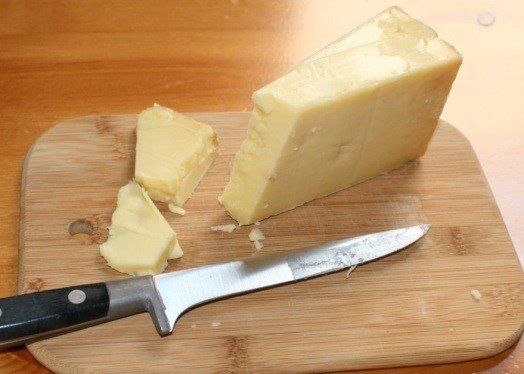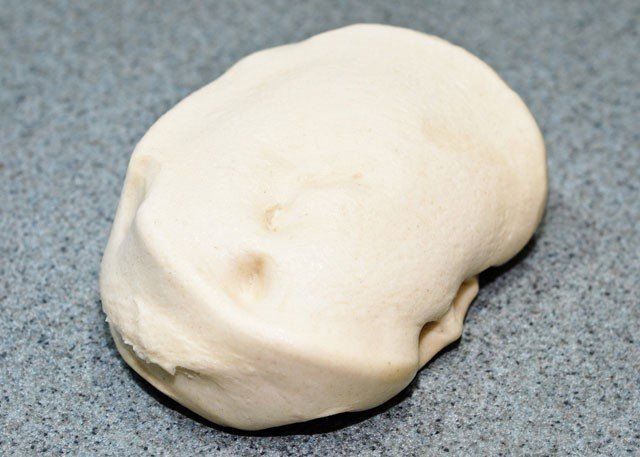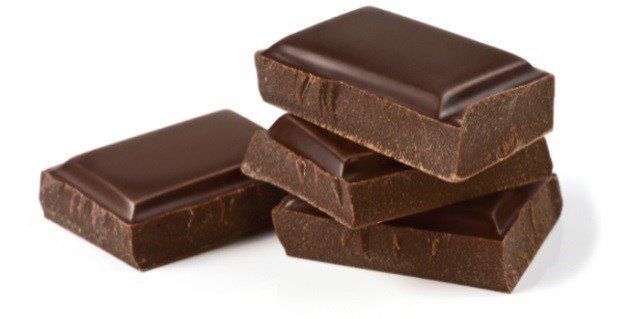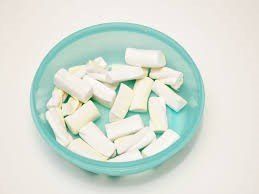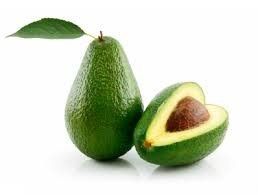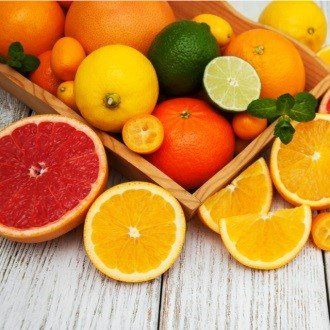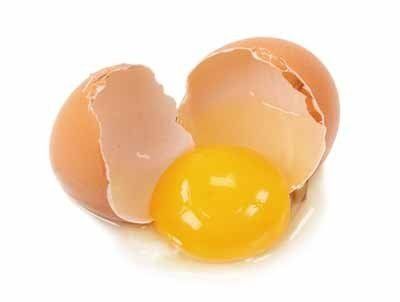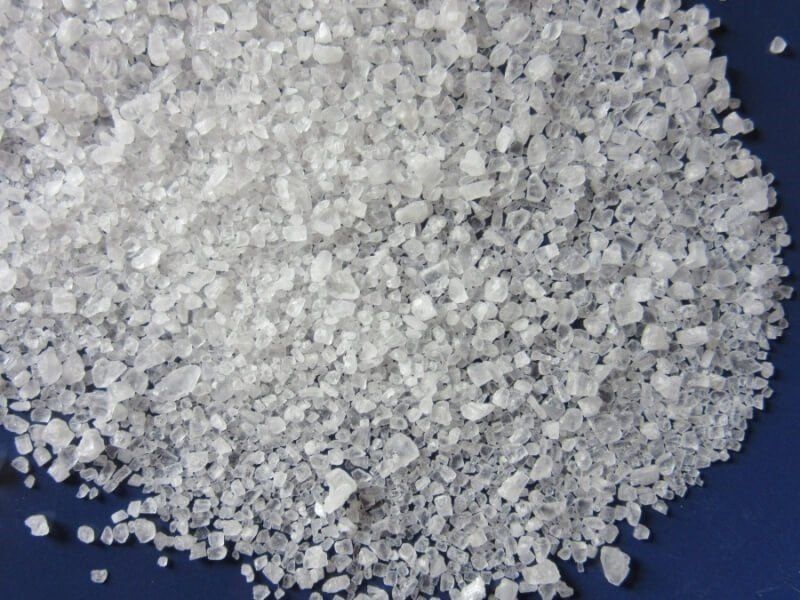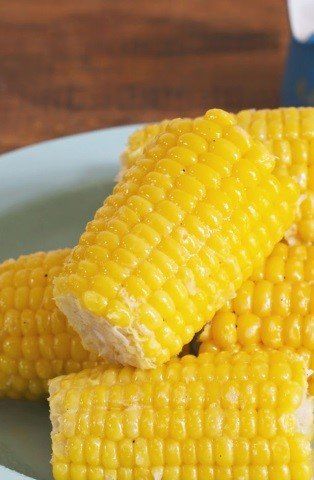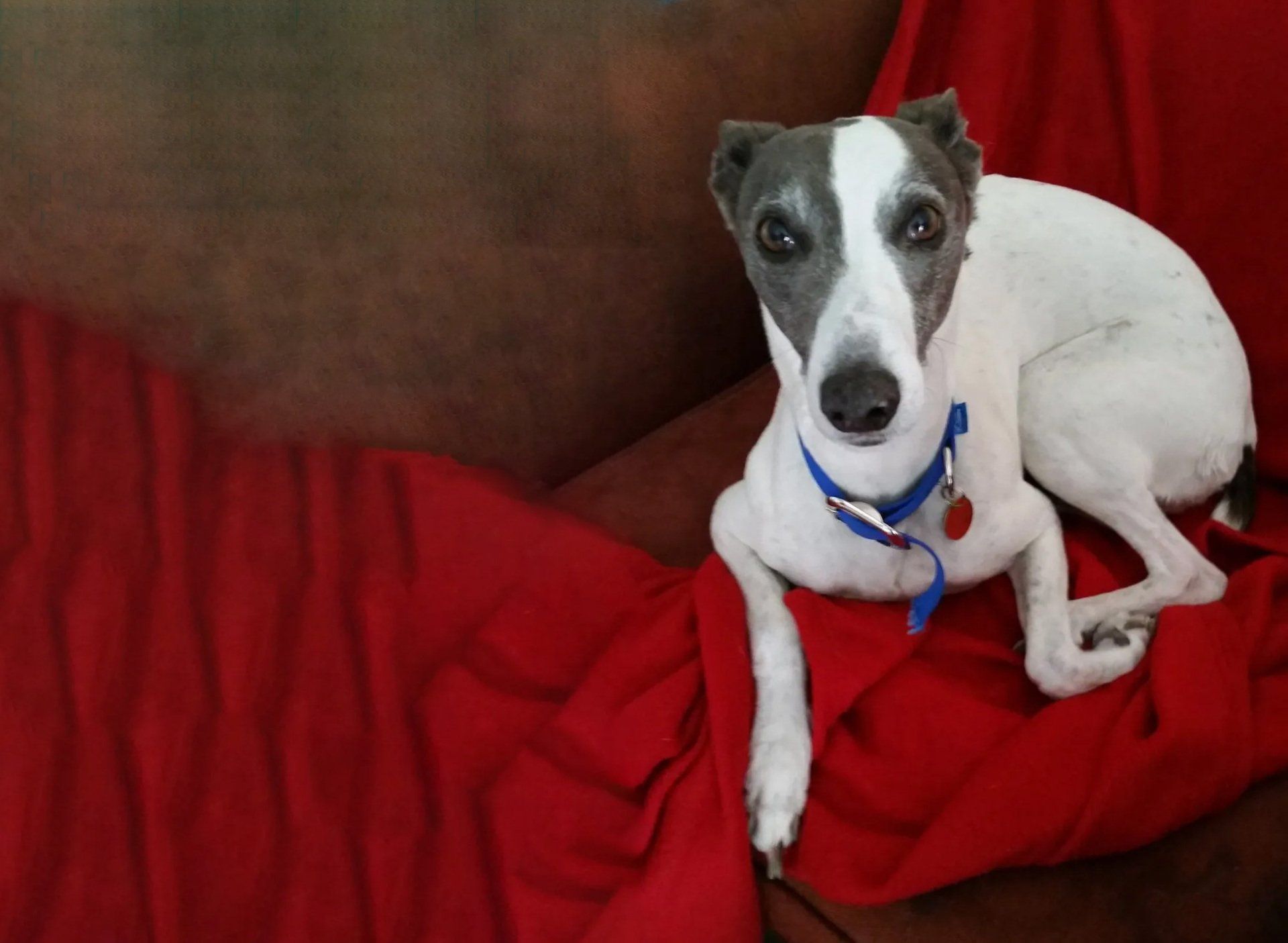Keep Your Furry Family Member Safe This Christmas
With the festive season upon us, it's important to be aware which delicious festive foods pose a danger to our furry friends.
Human food is for humans
We all love the Christmas feast.…..roast turkey, ham off the bone, fruit cake, fruit salad, pavlova etc. To help you avoid any after-hours emergency trips to your Veterinarian, it's important to remember that human food should only be eaten by humans. Most popular festive foods should be kept well out of reach of your furry family member.
Not sure what foods pose a health risk to your pet? – read on.
Ham and other fatty meats - Feeding your dog the leftover ham or the fatty offcuts from the Christmas turkey or pork, can be a lot more fat than your dog's body is used to ingesting in one go. The pancreas can very quickly go into overdrive trying to digest all the fat and become painful, inflamed, and swollen in a condition called pancreatitis.
Pancreatitis can be life threatening. It can cause vomiting, nausea, dehydration, and makes your dog very unwell. It can even leave your dog with a lifelong sensitivity to fat, and you may need to feed them a special therapeutic diet for the rest of their life. So best to resist the urge to 'treat' your dog with the leftovers.
Pancreatitis is one of the most common illnesses that Veterinarians are inundated with at Christmas time.
Grapes, sultanas and raisins - Often found on Christmas day within a fruit cake, fruit platter, or as part of a spiced meat sauce, grapes and their dehydrated versions can actually cause kidney failure in cats and dogs. The exact mechanism of this is unknown, so it is impossible to calculate a universal toxic dose. Best to keep them out of reach!
Macadamia nuts - are highly poisonous to dogs. While the exact cause of the toxicosis is unknown, signs of macadamia nut poisoning include an inability to walk or stand, wobbly gait, tremors, hyperthermia, and vomiting. If encased in their shell, they can also pose a risk as a gastrointestinal foreign body.
Alcohol - Cats and dogs are very sensitive to alcohol and can become 'drunk' and poisoned very quickly. Alcohol is absorbed at a fast rate by the canine or feline body, and symptoms may include ataxia (walking wobbly), vomiting, decreased body temperature, loss of consciousness, or difficulty breathing.
Onions, Garlic, Leeks and Chives - If you'll be roasting some onion or garlic along with your Christmas turkey, best to also keep these away from your pets as they contain a toxin which can cause damage to your dog's red blood cells. If enough red blood cells are destroyed, your dog could become anaemic, lethargic, weak and possibly die.
Dairy Foods - Many dairy foods are on your platters for Christmas. Pets do not possess significant amounts of lactase (the enzyme that breaks down lactose in milk) so milk and other dairy-based products cause diarrhoea or other digestive upsets.
Bread Dough - Do you bake your own bread? The live yeast present in bread dough expands inside an animal’s stomach in the same way it makes bread expand. This causes “bloat”, which can be fatal when not treated quickly. Yeast produces Ethanol, same as Alcohol.
Chocolate , Coffee and Caffeine - Most pet owners are aware of the dangers of pets ingesting chocolate. Chocolate contains theobromine and caffeine, which are both toxic to cats and dogs as they can't metabolise these compounds as well as humans can. Dark, unsweetened and cooking chocolate poses a higher risk than milk chocolate. Signs of chocolate toxicity may include vomiting, diarrhoea, seizures, tremors, and coma.
The risk of chocolate toxicity directly depends on your pet's weight, how much they ate, and how dark it was.
Artificial sweetener (Xylitol) – Plenty of sweet treats, chewing gum and drinks are around when we are celebrating. Some sugar-free treats use an artificial sweetener called Xylitol which causes an insulin release in our bodies. High levels of xylitol is toxic to dogs and cats.
Avocado - is poisonous to dogs as well to rabbits and birds. The biggest concern is for cardiovascular damage and death in birds. It contains a toxin called Persin which leads to gastrointestinal irritation, including vomiting and diarrhoea in dogs.
Citrus - Your pet’s central nervous system can be depressed if they eat stems, leaves, peels, fruit and seeds of citrus plants if ingested in significant amounts. They contain varying amounts of citric acid, essential oils that can cause irritation. Small doses, such as eating the fruit, are not likely to present problems beyond minor stomach upset.
Raw/Undercooked Meat, Eggs and Bones - Raw meat and raw eggs can contain bacteria such as Salmonella and E. coli that can be harmful to pets and humans. Raw eggs contain an enzyme called avidin that decreases the absorption of biotin (a B vitamin), which can lead to skin and coat problems. Feeding your pet raw bones may seem like a natural and healthy option that might occur if your pet lived in the wild. However, this can be dangerous for a domestic pet, who might choke on bones, fracture teeth, or sustain a grave injury should the bone splinter and become lodged in or puncture your pet’s digestive tract.
Salt and Salty Snack Foods - Large amounts of salt can produce excessive thirst and urination, or even sodium ion poisoning in pets. Signs your pet may have eaten too many salty foods include: vomiting, diarrhea, depression, tremors, elevated body temperature, seizures and even death. As such, we encourage you to avoid feeding salt-heavy snacks like potato chips, pretzels, and salted popcorn to your pets.
Corn on the cob - Corn on the cob could potentially be fatal if eaten by your dog. Although the corn is digested by dogs, the cob can cause a blockage in your dog’s intestine. This can cause vomiting and in worse cases gastro intestinal perforation.
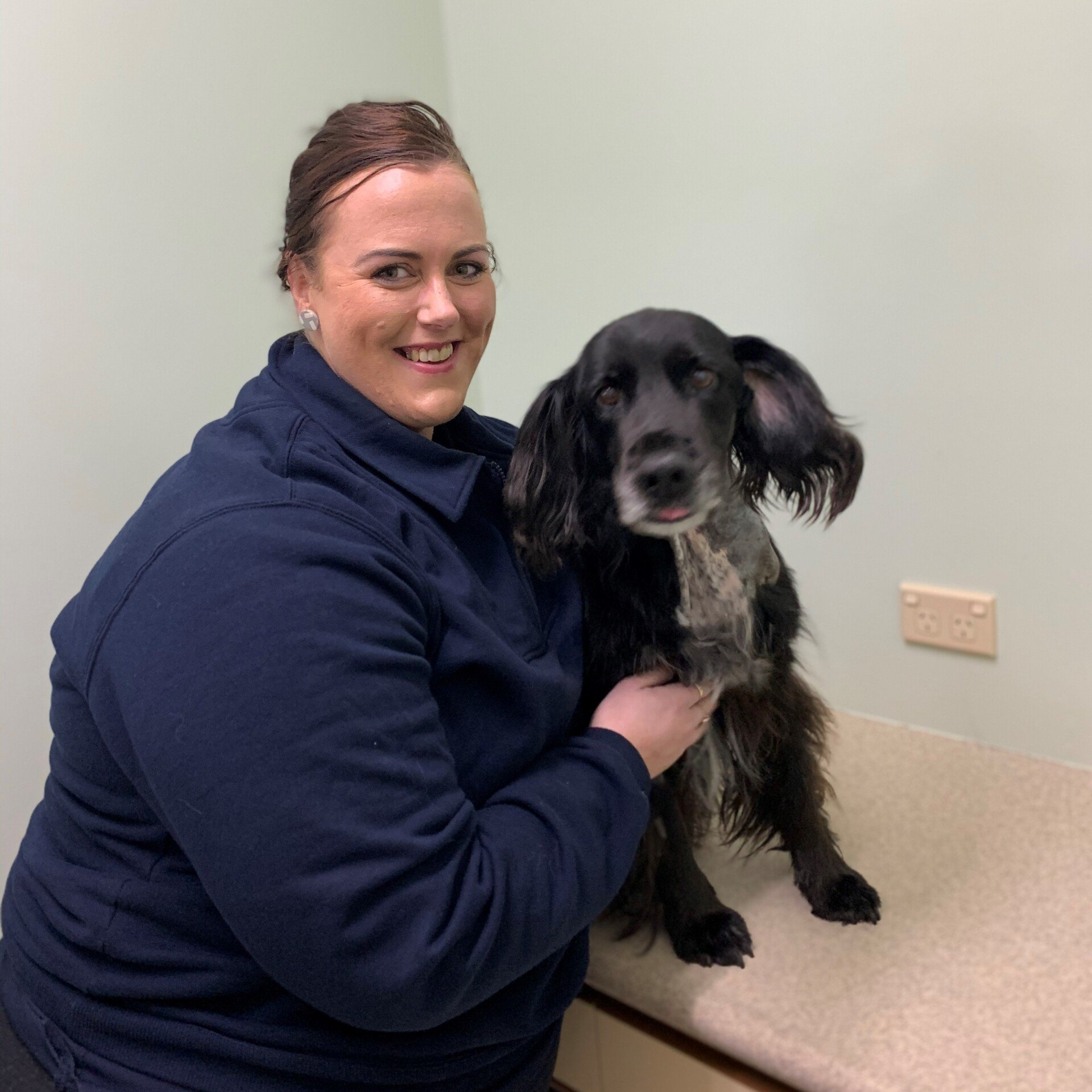

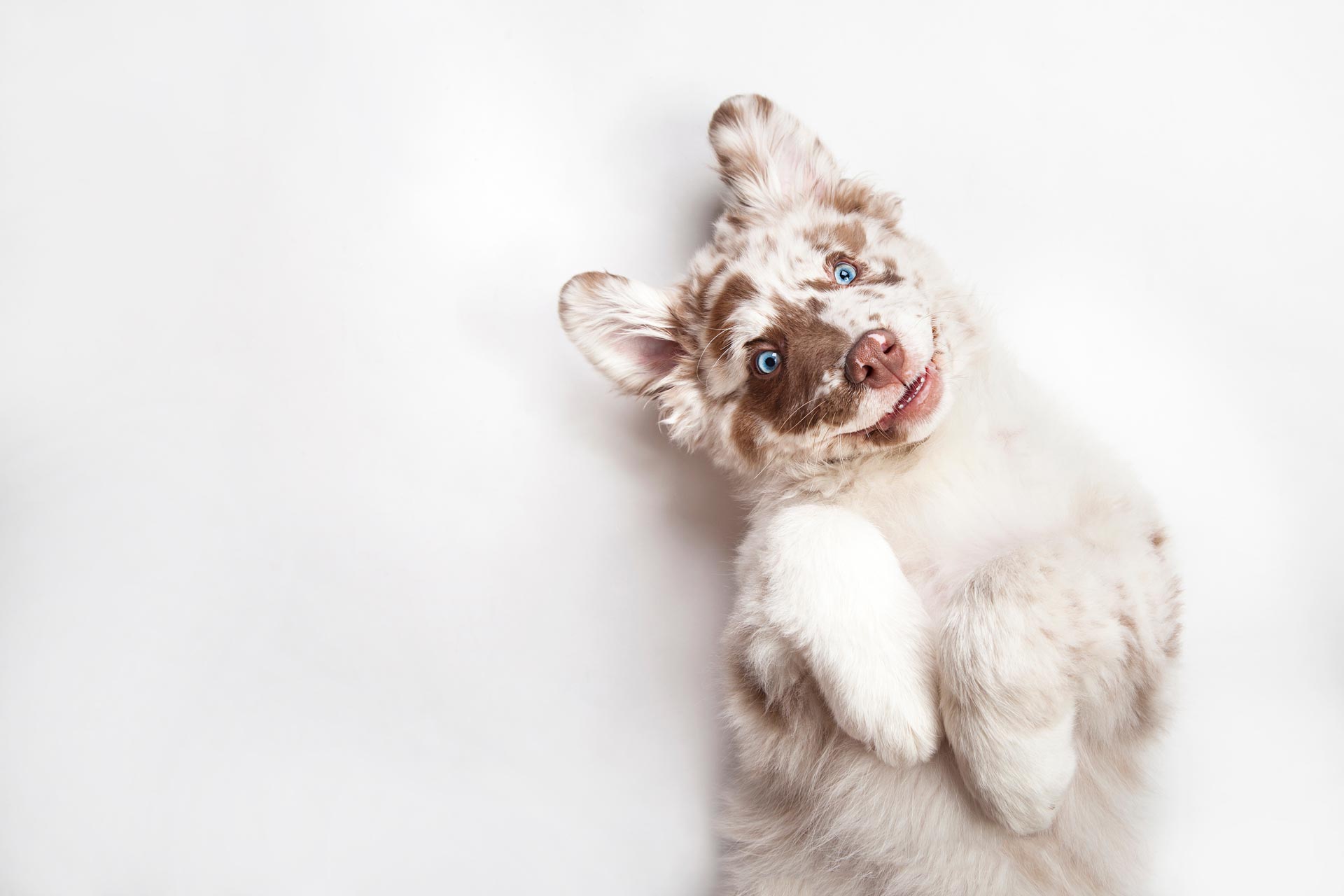
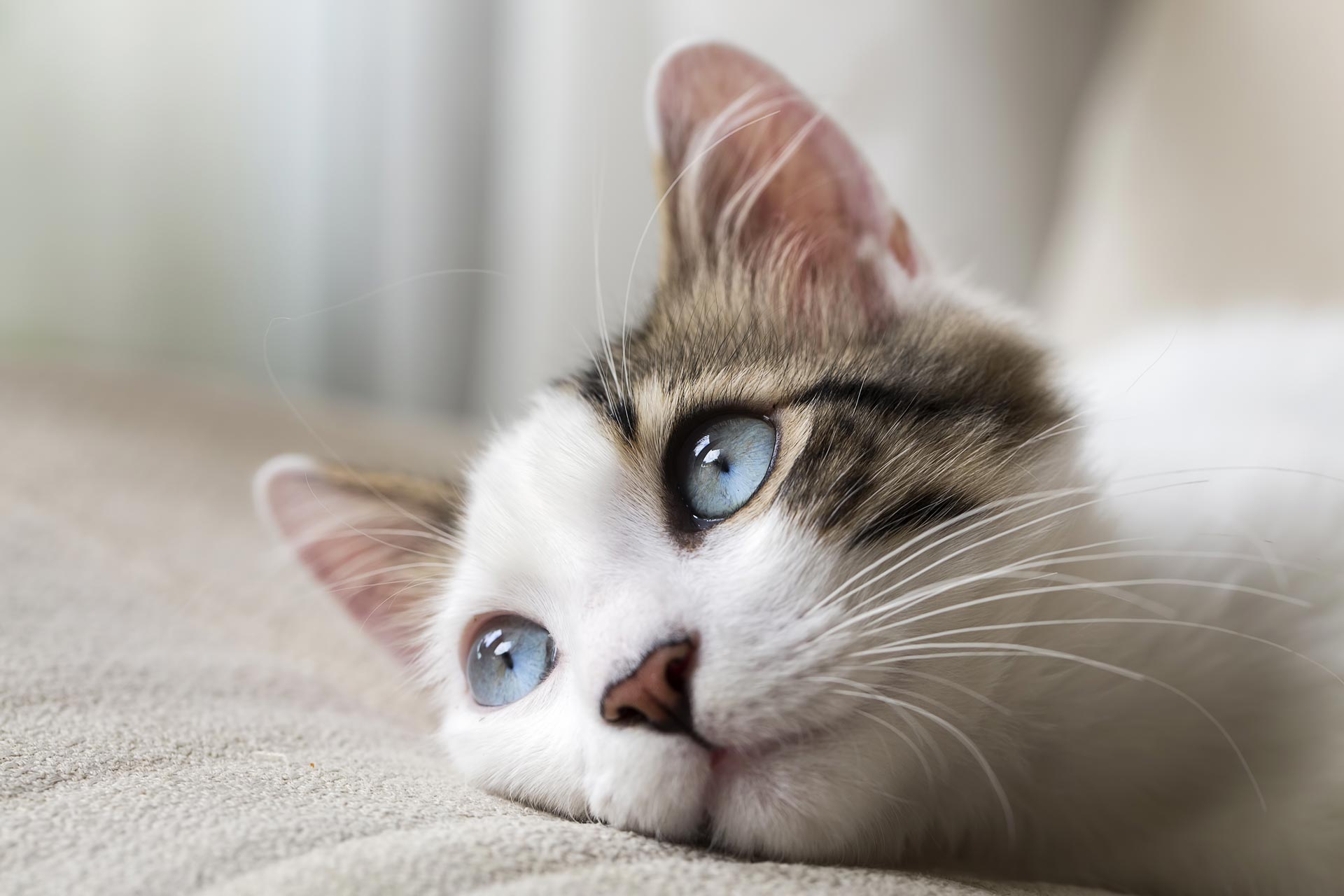
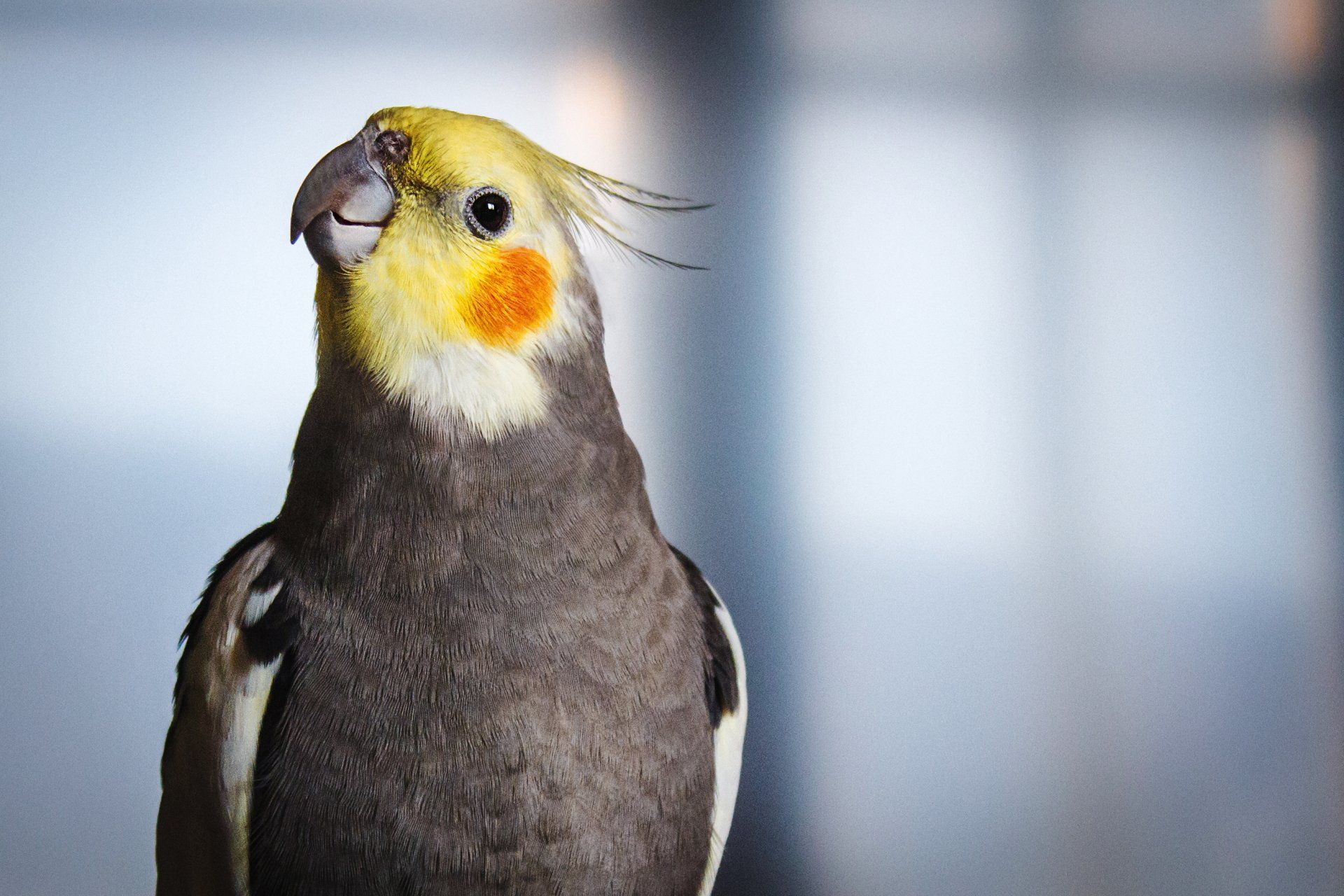
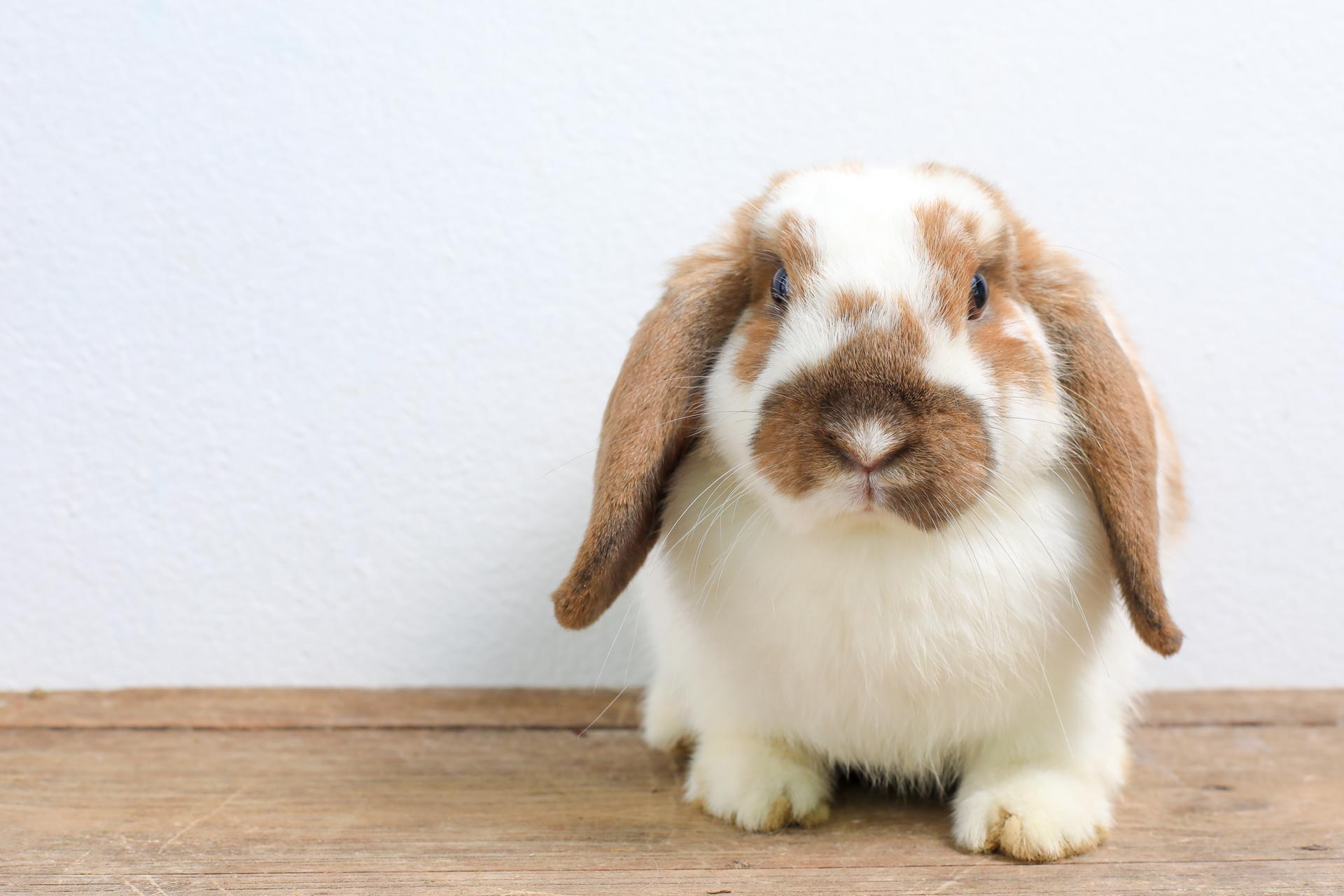
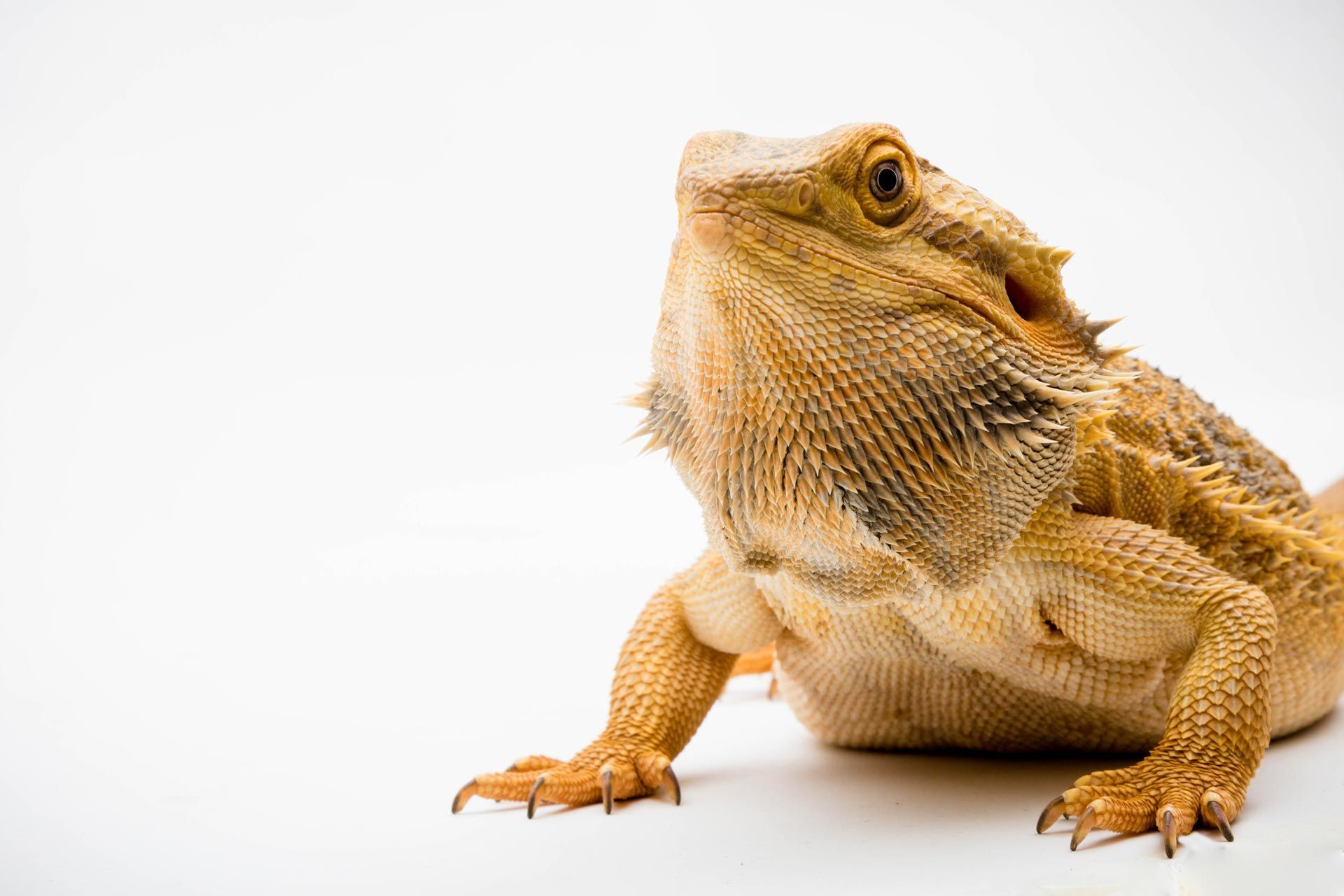
Contact Us
- Mon - Fri
- -
- Saturday
- Appointment only
- Sunday
- Closed




